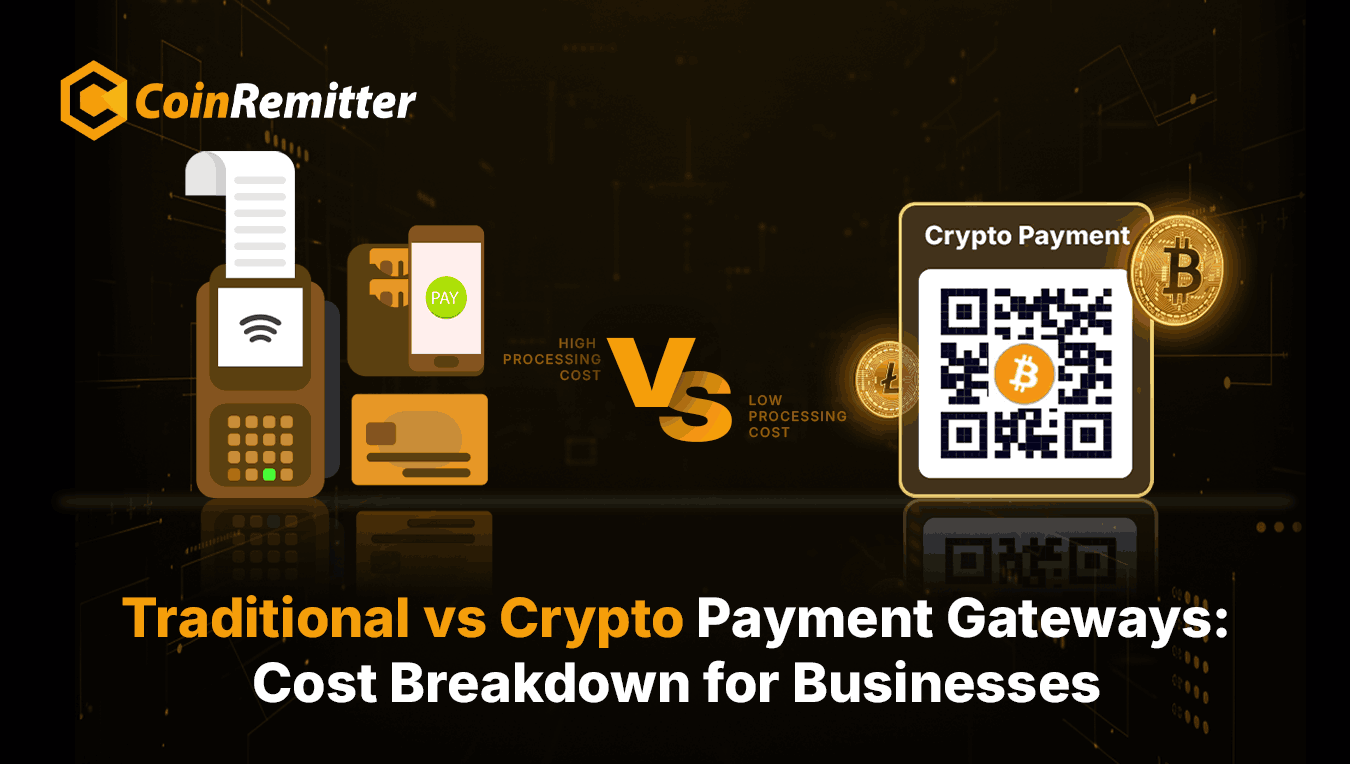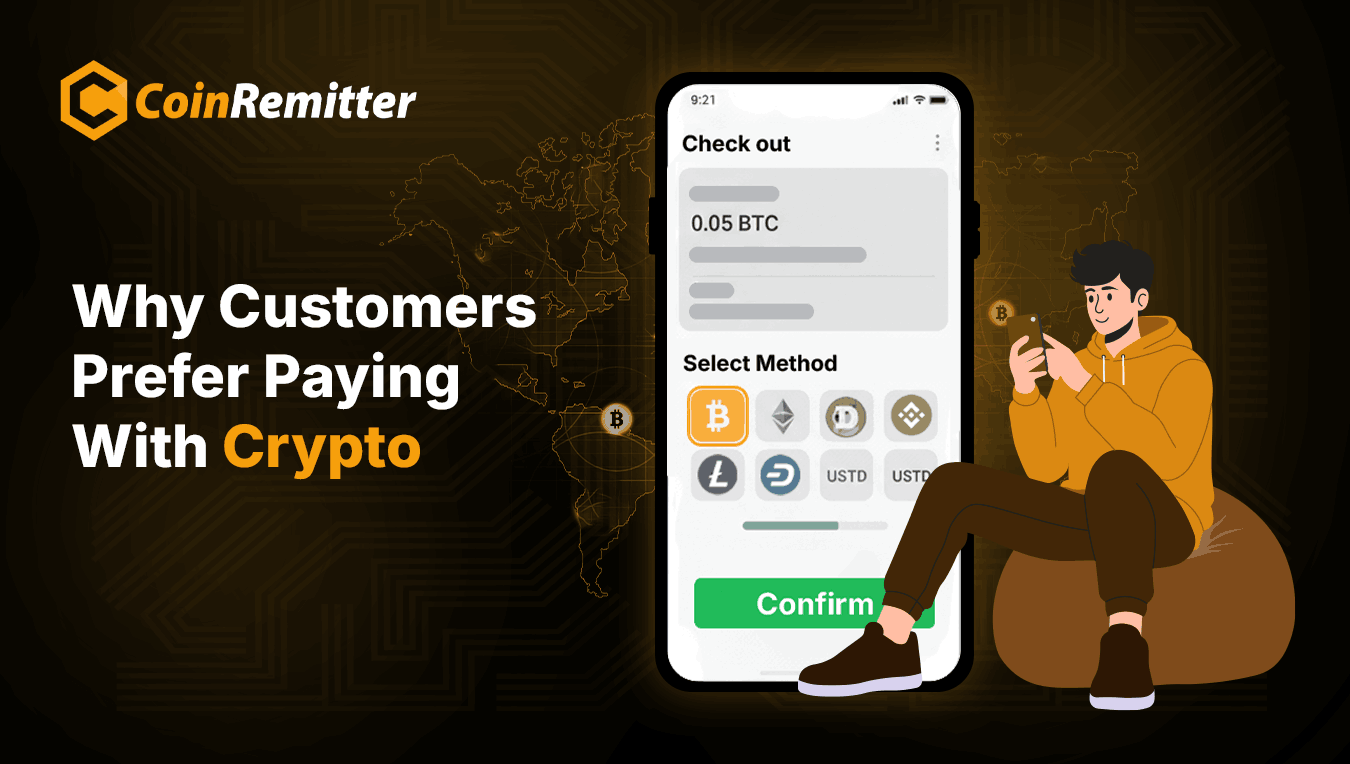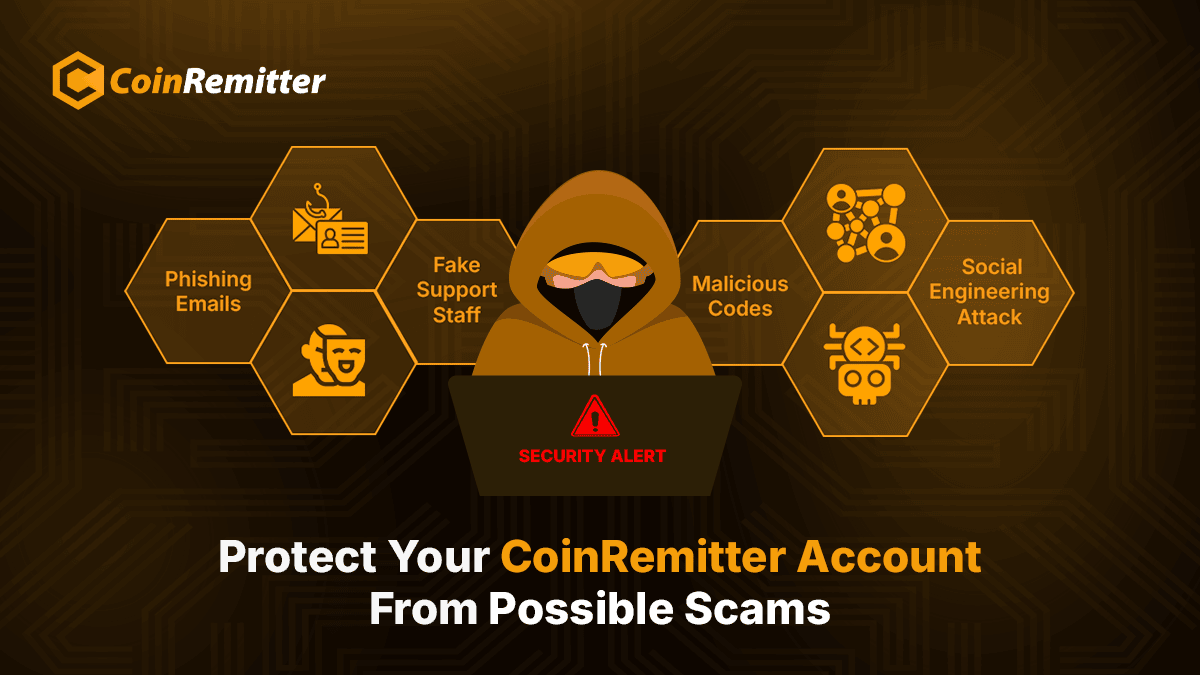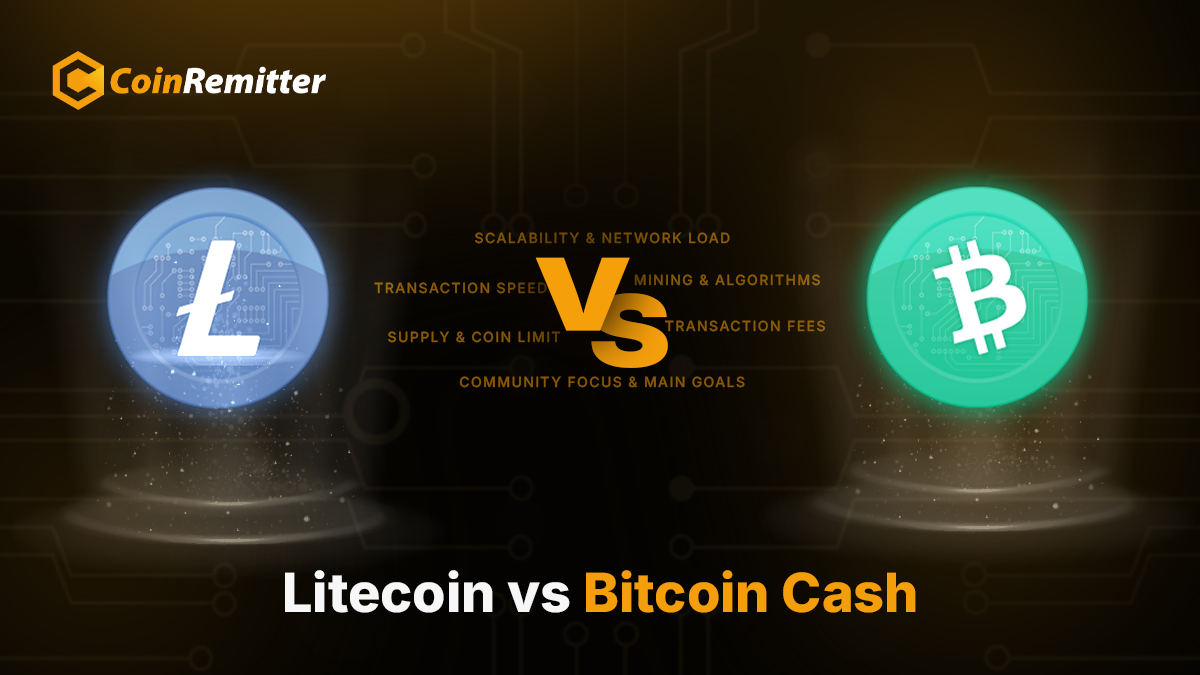How DAOs Are Impacting Corporate Governance?
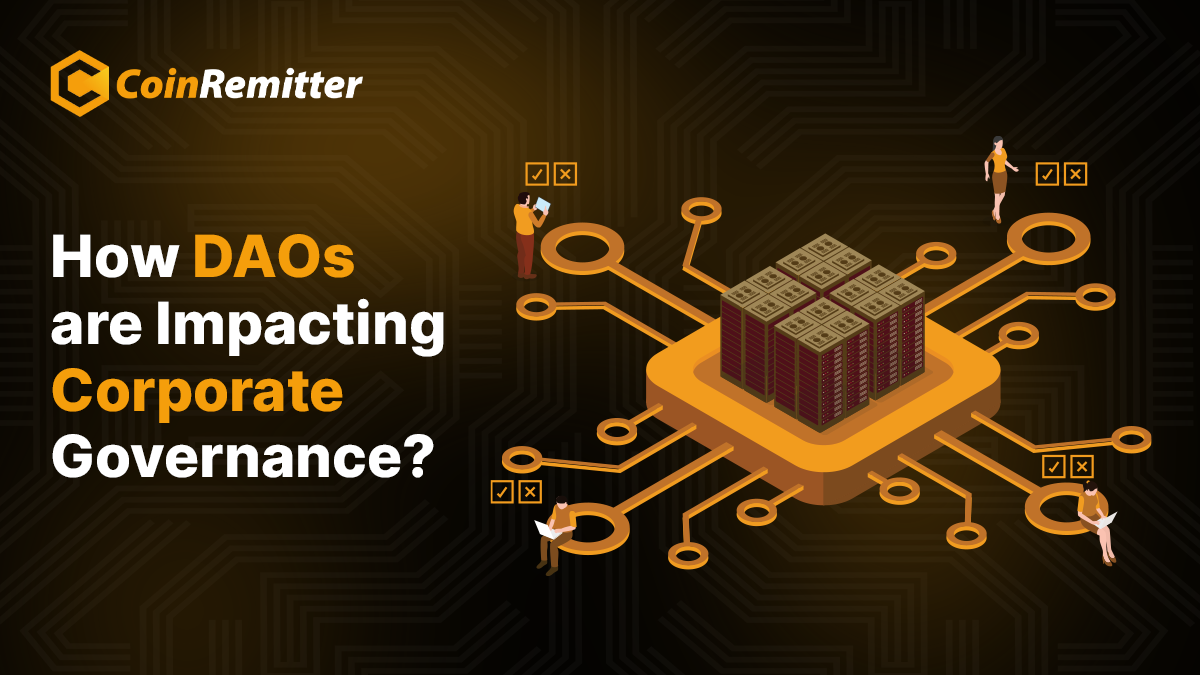
Decentralized Autonomous Organizations (DAOs) are at the forefront of the decentralized ecosystem, offering a new way to govern, handle finances, and make informed decisions. Despite being built on the blockchain, many don’t know how DAOs function or their potential impact on different industries. This blog will explain what DAOs are, how they function, their challenges, and why they’ll play an important role in the future.
Let’s understand what DAOs are.
Decentralized Autonomous Organizations
Decentralized Autonomous Organizations are an organizational structure that operates autonomously through smart contracts on the blockchain. Unlike traditional organizations that rely heavily on centralized decision-making and hierarchical structures, DAOs use code and consensus mechanisms to govern themselves.
In DAOs, rules and protocols are encoded in smart contracts, which are self-executing agreements with the terms of agreements directly written into code. These smart contracts define how organizations function, how funds are managed, how decisions are made, and how participants interact.
How Does it work?
DAOs use smart contracts to automate decisions once enough members have voted. Each member with voting rights can vote on proposals, and the smart contract counts these votes. If a proposal fails, the smart contract ensures nothing happens.
Voting power is based on how many tokens members own. Someone with more tokens has more influence. This setup encourages members to act responsibly because their investments are tied to the DAO’s success.
If a proposal passes, the smart contract can automatically execute actions like transferring tokens for a project. This way, DAOs operate efficiently and transparently, leveraging blockchain technology to empower their members.
Traditional Governance vs DAO Governance
Structure:
In the traditional governance model, there’s a clear hierarchy with executives at the top and entry-level employees at the bottom. This setup centralizes control and links operations to specific offices and working hours.
In contrast, DAOs have a flat structure where every member can participate equally in decision-making, no matter where they are in the world or what time it is. Blockchain technology manages the organization, coordinating tasks and governance without needing a central authority.
Governance:
Traditional organizations have a board of directors and executives that makes decisions that filter down to the lower-level management. Shareholders vote on big issues.
In DAOs, smart contracts on blockchains enforce rules and carry out decisions automatically. Governance is direct and democratic, with community votes deciding things transparently and recorded on the blockchain.
Operations:
Traditional organizations often have physical offices and rely on in-person interactions. Financial transactions use traditional banking systems, even though digital tools are common. Blockchain isn’t typically integrated deeply.
In contrast, DAOs operate entirely online, using blockchain for coordination. They handle financial transactions and member interactions mainly through governance tokens. These tokens can automate complex actions related to how the organization is run.
Innovation:
Traditional companies can innovate, but it often involves navigating through layers of approval, which can slow things down due to bureaucratic processes.
On the other hand, DAOs are very adaptable to input from their members and can change direction swiftly based on collective decisions. Blockchain technology allows them to implement new ideas quickly.
Impact of DAOs on Corporate Governance
Decentralized Decision-making:
DAOs ditch the hierarchical structure. Instead, decision-making power is distributed among all token holders, who vote on proposals via a blockchain. This develops a more democratic process compared to a traditional structure where the board of directors holds an important position.
Transparency and Trust:
All transactions and decisions within a DAO are recorded on the blockchain, providing a fixed and transparent history of actions. The smart contracts that govern DAOs are often open-source, allowing anyone to inspect and verify the rules and procedures.
Accountability:
Token-based voting mechanisms ensure that stakeholders have a direct say in governance, aligning the interests of the organization with its members. Participants are often incentivized to act in the best interest of the DAO through token rewards.
Legal and Regulatory Challenges of DAOs
Legal Status:
Current legal frameworks struggle to categorize DAOs. Are they limited liability companies, partnerships, or something else? This creates confusion. In a traditional company, limited liability shields the personal assets of owners. With DAOs, it’s unclear if members hold personal liability for the DAO’s actions.
Jurisdictional Issues:
DAOs run on a worldwide, decentralized network and often don’t have a specific physical location. This makes it hard to figure out which country’s laws apply to them and their activities.
Anti-Money Laundering (AML) and Compliance:
Since some blockchains allow users to remain anonymous, they can easily engage in money laundering activities. Regulators are concerned that DAOs might be used to bypass AML laws. Besides, it’s tough to implement AML and compliance laws due to its decentralized nature.
Future of DAOs and Corporate Governance
The rise of DAOs marks an important turn toward a more inclusive and democratic management structure. While DAOs can’t replace the traditional corporate governance model overnight, they offer a great alternative, especially in the booming digital economy. Several companies are already thinking of implementing DAO structures into their governance, creating a mix that works best for both.
Conclusion
DAOs represent a whole new way of managing businesses and finances. By bringing together participants, DAOs can discuss innovative ideas and help people financially all over the world. Despite the challenges, DAOs could greatly change how companies are governed in the future.
Over 38,000 merchants are using CoinRemitter
Join them now